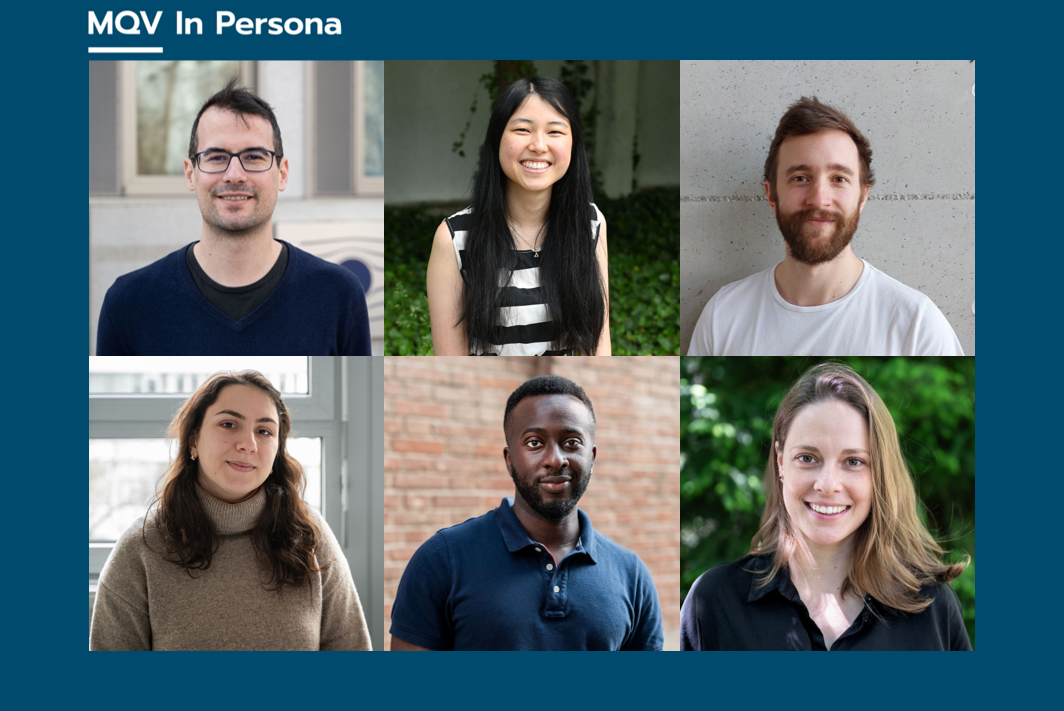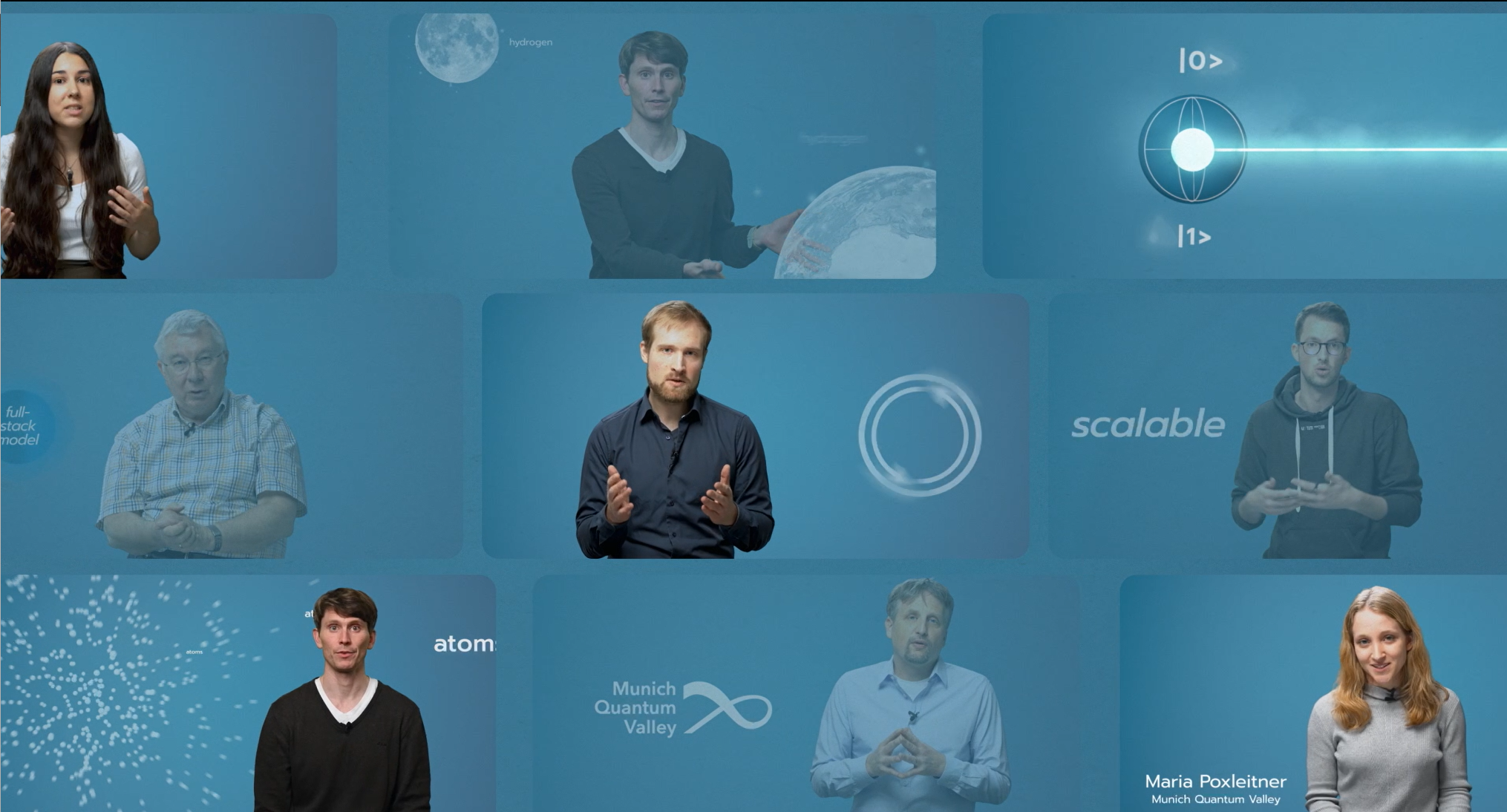
Public engagement
Although no cell phone would work without the findings of quantum physics, quantum physics and quantum technologies are generally unknown to the general public, or at best known as mysterious and completely incomprehensible.
With targeted public engagement measures, the communication, education and public engagement team of Munich Quantum Valley helps to create a basic understanding of quantum technologies and their benefits for society among the general public.
This is achieved by participating in and organizing dialog formats such as exhibitions, events, and public lectures, as well as participating in trade fairs and professional events. Examples include the participation of Munich Quantum Valley in "FORSCHA" (Munich), the "Festival of the Future" at the Deutsches Museum (Munich), re:publica (Berlin) or the "World of Quantum" (Munich).
The aim is to transport the fascination that quantum technologies hold and to moderate the discussion of expectations, hopes and possible fears in a dialog with the public.
MQV In Persona
The portrait series "MQV In Persona" gives personal insights into the Bavarian quantum ecosystem. At MQV and its associated institutes, many young scientists are working together to develop competitive quantum computers in Bavaria and to advance quantum technologies in their entire range and their research activities are as diverse as the researchers themselves. Get to know them here.
Quick Quantum Questions
The "Quick Quantum Questions" video series features quantum experts from the Munich Quantum Valley ecosystem, covering the basics like superposition and entanglement, explaining different hardware platforms and giving a deeper insight into the quantum landscape we are building together in MQV. Watch the videos on YouTube.
MQV-Einblicke
In the event series “MQV-Einblicke” (in German language), the MQV member institutes as well as start-ups and industry partners of MQV invite visitors to experience first-hand, with short lectures and guided tours, what it means to do quantum science and quantum-technology development today. Take a look at the upcoming events here.
Selected upcoming public events
MQV-Einblicke – "Winzig klein und superschnell: Mikro-Photonik für Quantentechnologien"
Technische Hochschule Nürnberg Georg Simon Ohm
How can complex laboratory setups be transformed into compact, industry-ready components? Visit Technische Hochschule Nürnberg Georg Simon Ohm on 11 February 2026 to learn how researchers from the Optical Quantum Technologies working group are developing miniaturized and easier-to-use components for use in quantum technologies.





